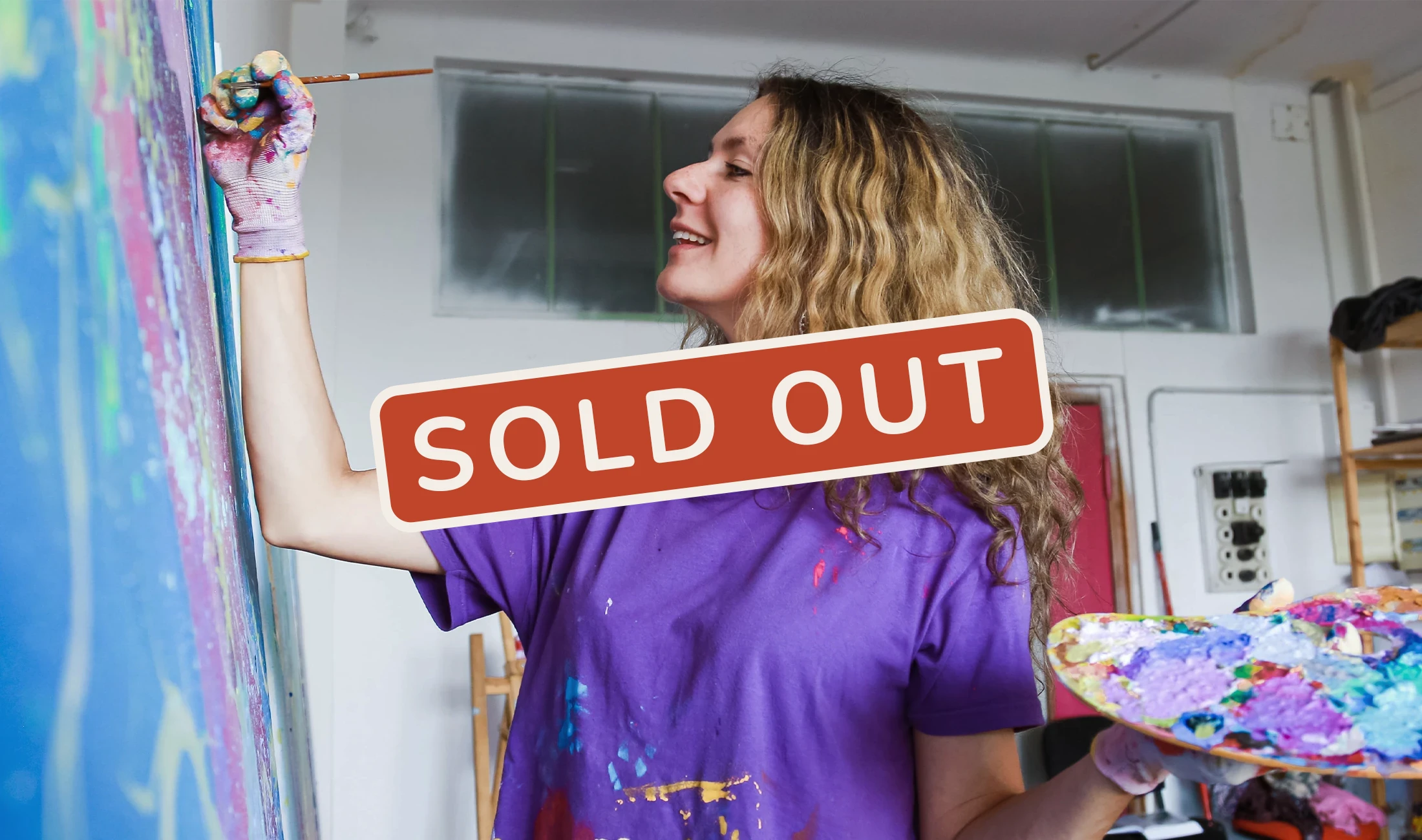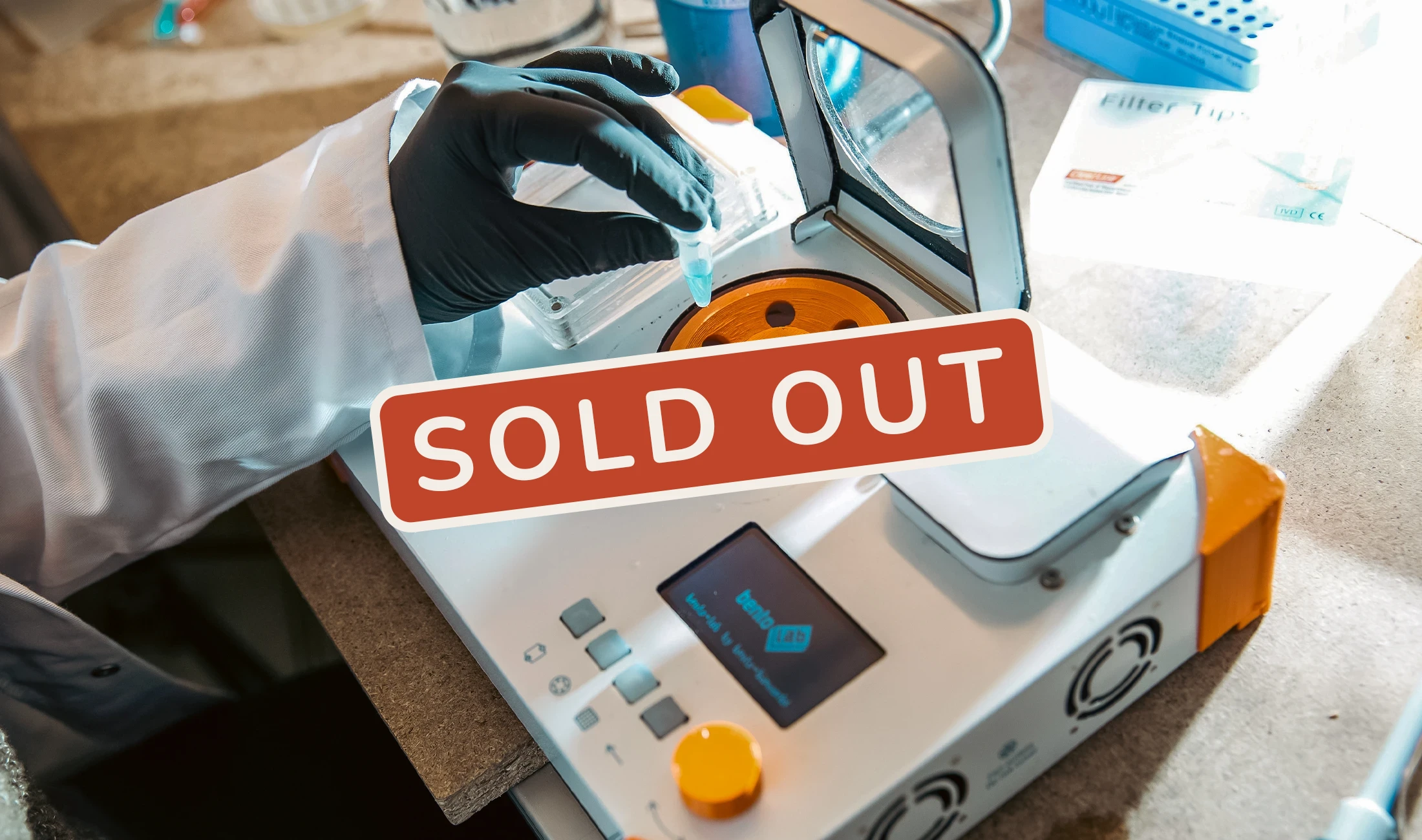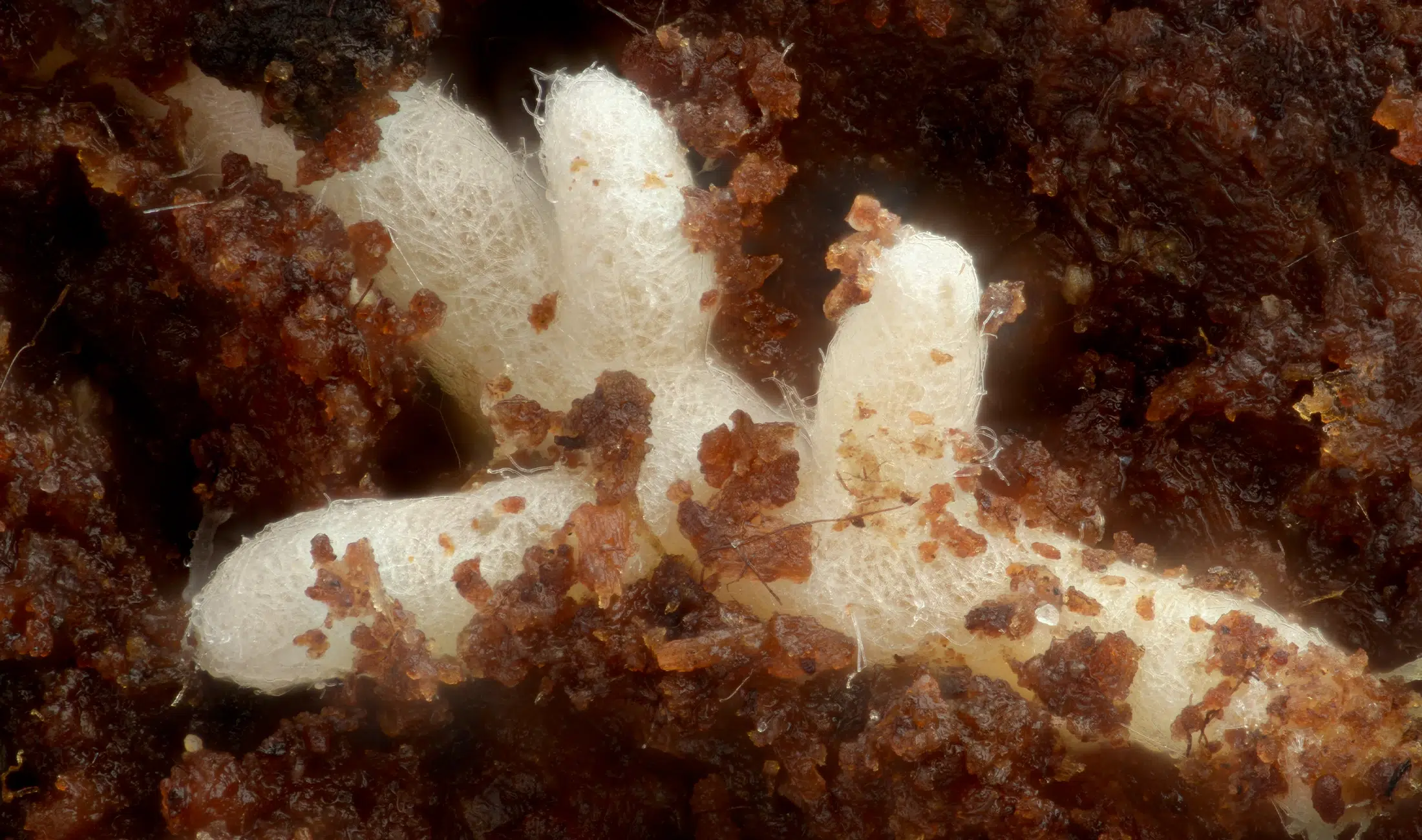FUNGI WORLD
Fungi Economy Day
October 9, 2025 — 9 a.m. to 5 p.m. — Julius Raab Hall, Austrian Federal Economic Chamber
The ever-growing understanding of the world of fungi is changing our view of nature and the economy in a lasting way – and allows us to look to the future with optimism.
Mycological research has produced groundbreaking findings in recent years that will revolutionise not only our production methods but also our consumption behaviour. we invite you to the first day of the mushroom industry in the Julius Raab Hall of the WKÖInternational thought leaders and pioneers will meet innovative start-ups from the fungi economy. Together with experts from academia and finance, they will provide insights into the enormous potential of fungi for a truly circular economy.
A day full of inspiration, knowledge, and vision – a day for everyone who wants to shape a sustainable future. Discover how the world of fungi is becoming the engine of the next great economic revolution.
Official media partner:
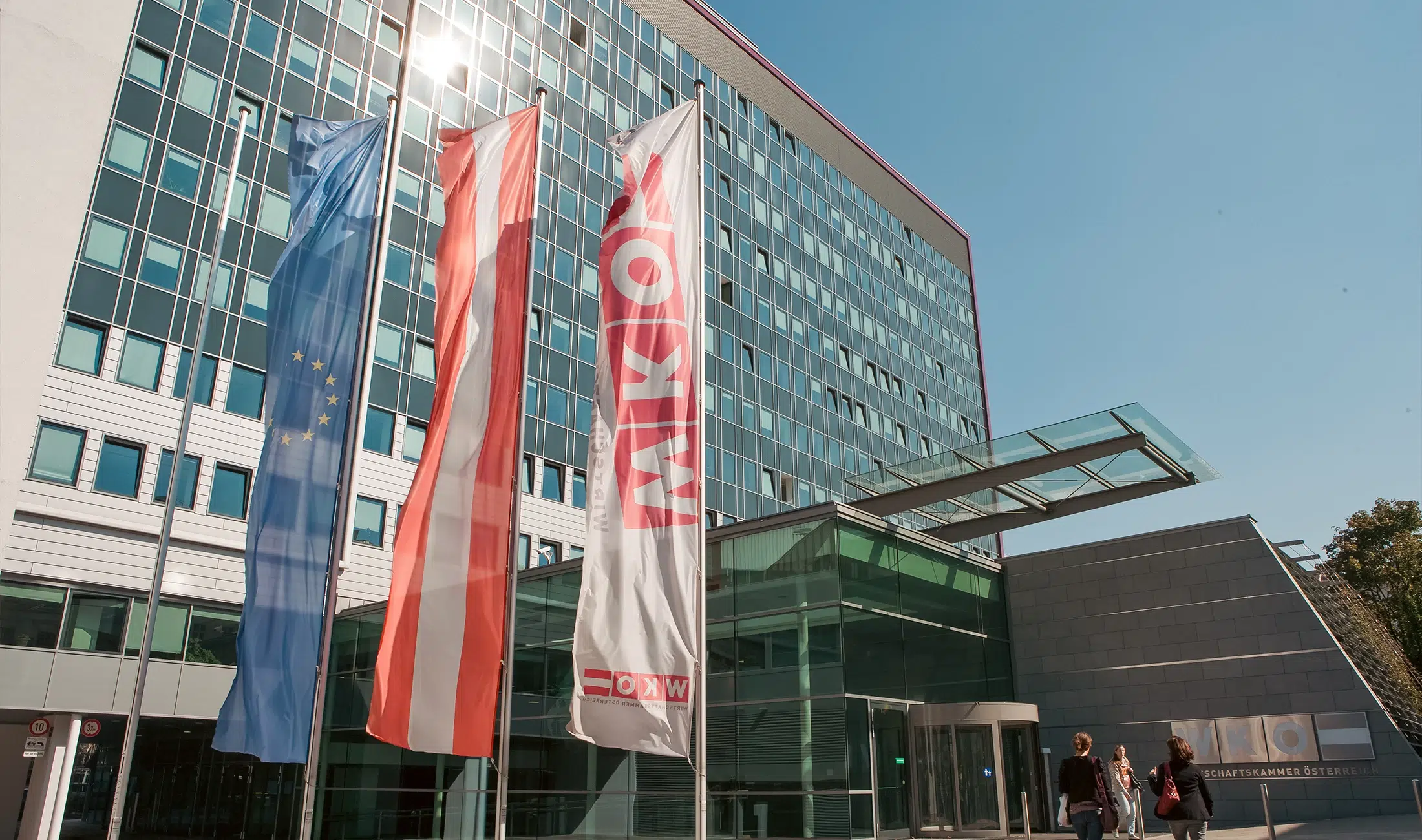
Photo: Manfred Burger

Venue
The Julius Raab Hall is located on the ground floor of the Austrian Chamber of Commerce at Wiedner Hauptstraße 63, 1045 Vienna. Access is via the main entrance.
Speaker
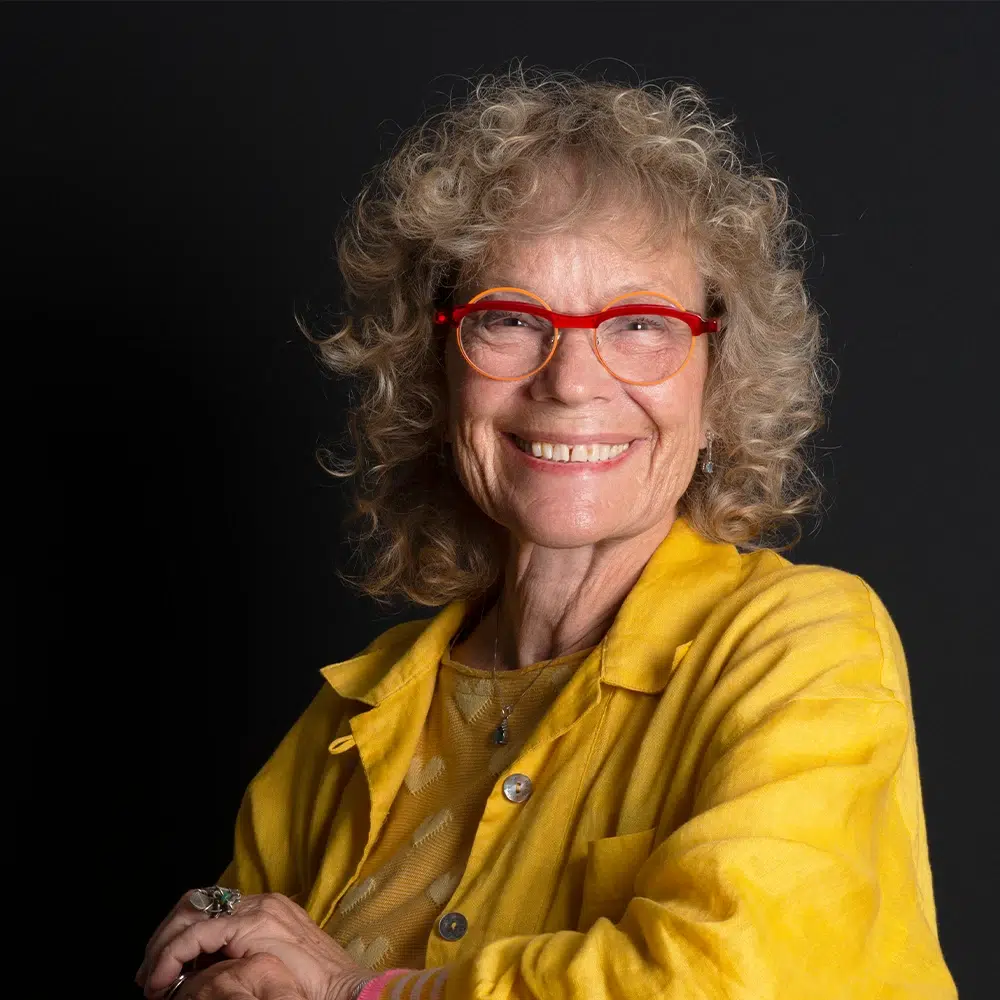
Lecture: How fungi can save the world, for climate, biodiversity, nutrition & health
Fungal enzymes can open the recalcitrant structures of lignocellulosic plant cell wall fibers. This makes it possible to convert what we now waste or underutilize crop residues and food processing side-streams to biobased materials and energy. Such biobased products can substitute for fossil-based products, hereby contributing to reducing emissions and mitigating climate change. But much more than these, plant residues can also be converted to animal feed (for pigs, chicken, fish). Now 78% of all arable land is used for animal feed. Making animal feed from residue leaves space for biodiversity, contributing to stopping biodiversity loss; and space for producing food for the soon 10 billion people. Even more: Fungi, fungal enzymes and fungal fermentations can be used to produce gut-health-promoting animal feed (=> significant reduction of antibiotics); as well as gut-health-promoting food, for improved public health (available, accessible and affordable as we currently waste/underutilize almost half of all produced (>20% side-streams & 34% food waste). Speeding up the transition to a more climate friendly plant-based diet, when it is not just plant-based, but plant & fungi based, adding the deliciousness of umami taste. Furthermore, fungal-based solutions can be achieved, eg for production of sustainable building materials (mycelium of wood degrading fungi, grown in fiber-rich plant residues for acoustics and beautification); for new architecture, for new design and arts; for new types of textiles and leather, made from fungal mycelium for drinking water from polluted water, for fungal-based batteries etc. This generates new jobs, stimulates business and socioeconomic development.
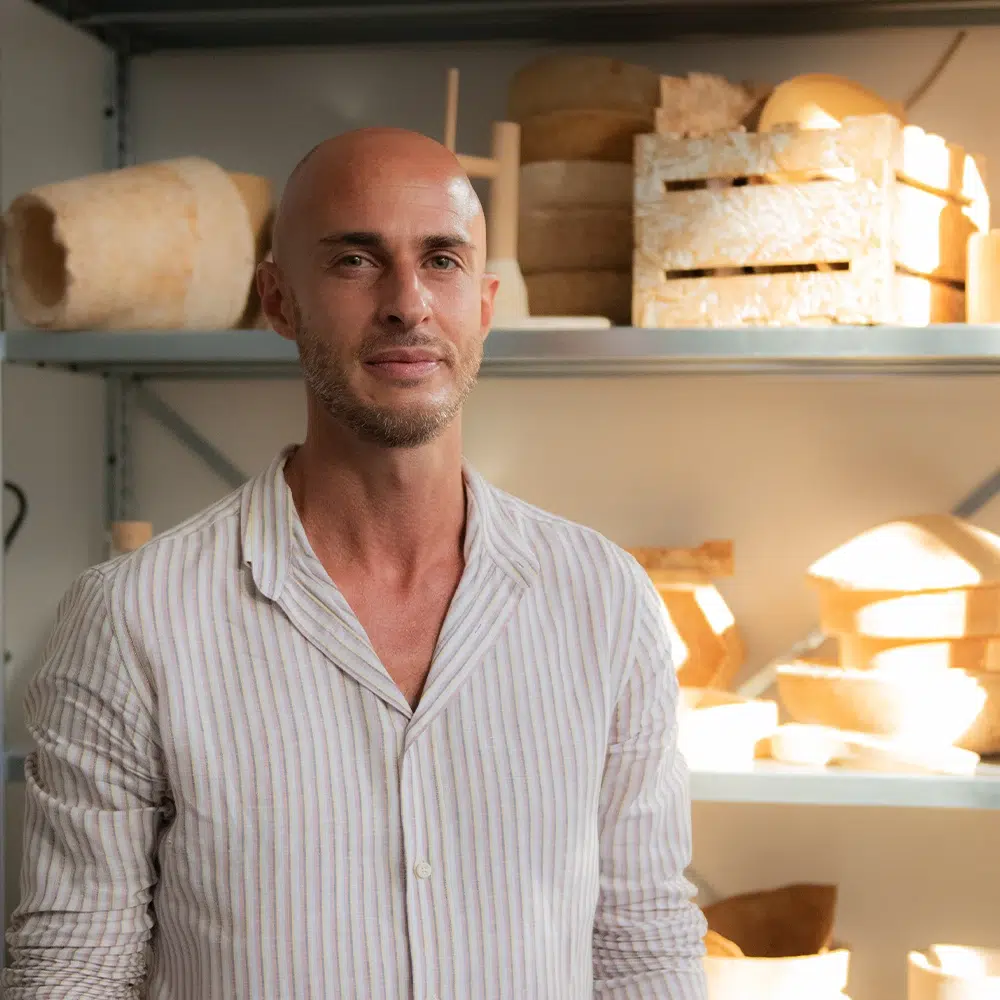
Lecture: GROWING DESIGN – THE NATURAL ALCHEMY OF BECOMING
Partnering with Funga to deliver a re-generative material culture
We live in a time of separation, from fellow humans as well as from Nature. The Anthropocene, as inevitable result of core factors such as mankind's activities and overall selfish behaviors, is dominantly impacting on climate, ecosystem and society at large, as we face major disruptions and challenges such as - to name few - the extinction of entire species, the loss of biodiversity, the depletion of natural resources, the incremental increase of global temperatures, increasing inequalities, perpetrated discriminations, etc. As part of this complex condition, one thing is for sure: the future isn't about erecting barriers, but it is rather about learning to come together, understanding our relationship to Nature and its many agents, deciphering their interconnected functioning and becoming once again pivotal part of it all.
Based on such context, the keynote presentation will function as space for inspiration, critical reflections, factual demonstrations, and collective creative production, encouraging the audience to actively engage in questioning dominant narratives and traditional production paradigms.
By diving into the kingdom of Fungi and unraveling some of the opportunities that emerge from processes of active entanglement and cooperation with such skilful teachers and companions, we will jointly explore how their very body – and the transitionally regenerative processes that fungal mycelium embodies and triggers – can support us in promoting a radical paradigm shift, leading to a revised notion of growth, as deriving from radical transformations rooted in sensorial encounters. Thus, contributing to positively impact both human and non-human societies, seeking balance between the role of the individual and the complexity of the relational ecosystem he's immersed in.
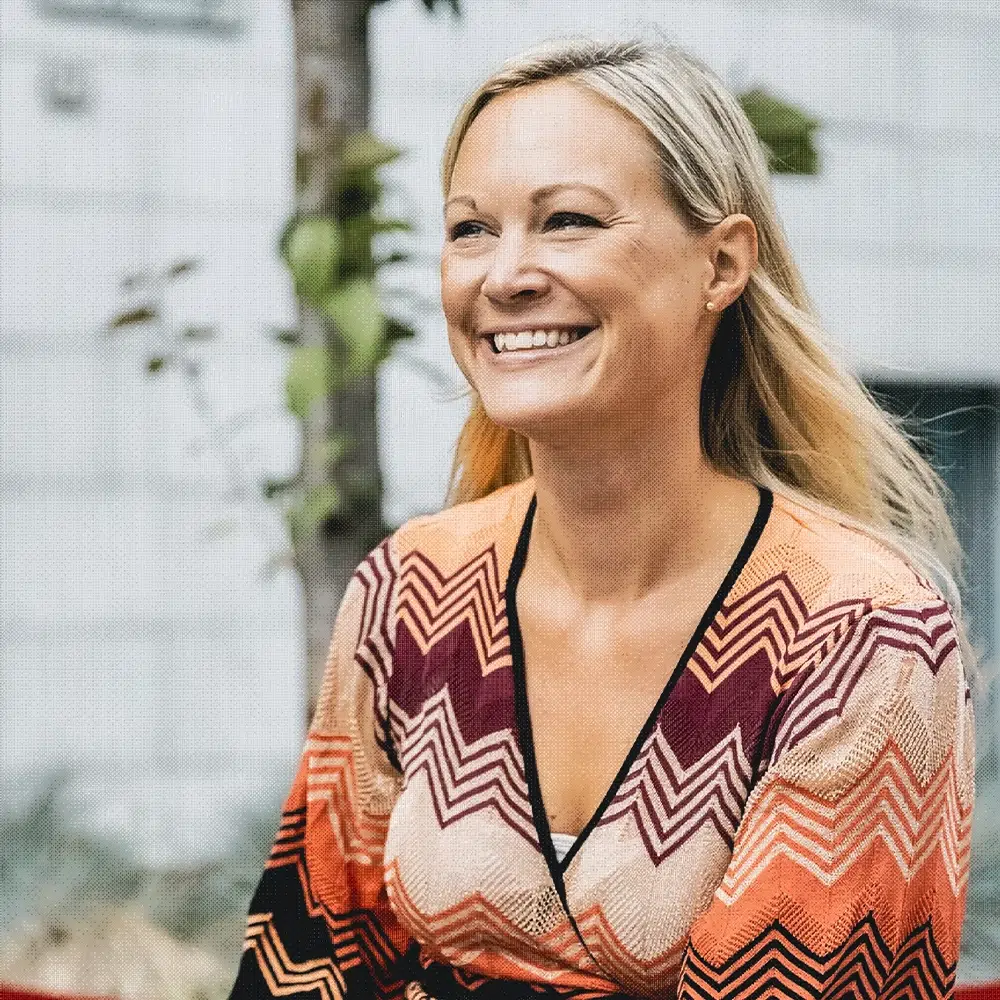
Lecture: The Future is Fungi – co-creating the next era of environmental innovations for humanity
We are seeing the emergence of a fungal economy where fungal solutions show the way for how we can co-create with nature, enabling innovations that puts humanity on a more regenerative path.
In The Future is Fungi Award, we see the most pioneering innovations worldwide, and during her talk, the founder Susanne will give an insight into these the frontier innovations, and why now more than ever we need to cooperate with nature for the solutions we need.
The Future is Fungi Award is a global launchpad for pioneering fungi startups and science entrepreneurs, catalyzing their innovations to the world. It gathers scientists, startups, corporates and investors to forge a new path for the fungal economy.
With a background as a sustainability pioneer in leading positions in finance for more than a decade, Susanne is now building this global fungal ecosystem and award for fungal startups and science entrepreneurs. With a background from finance, she is also investing in trailblazing fungi startups worldwide through The Fungi Investment Collective, inviting private investors with her on the journey.
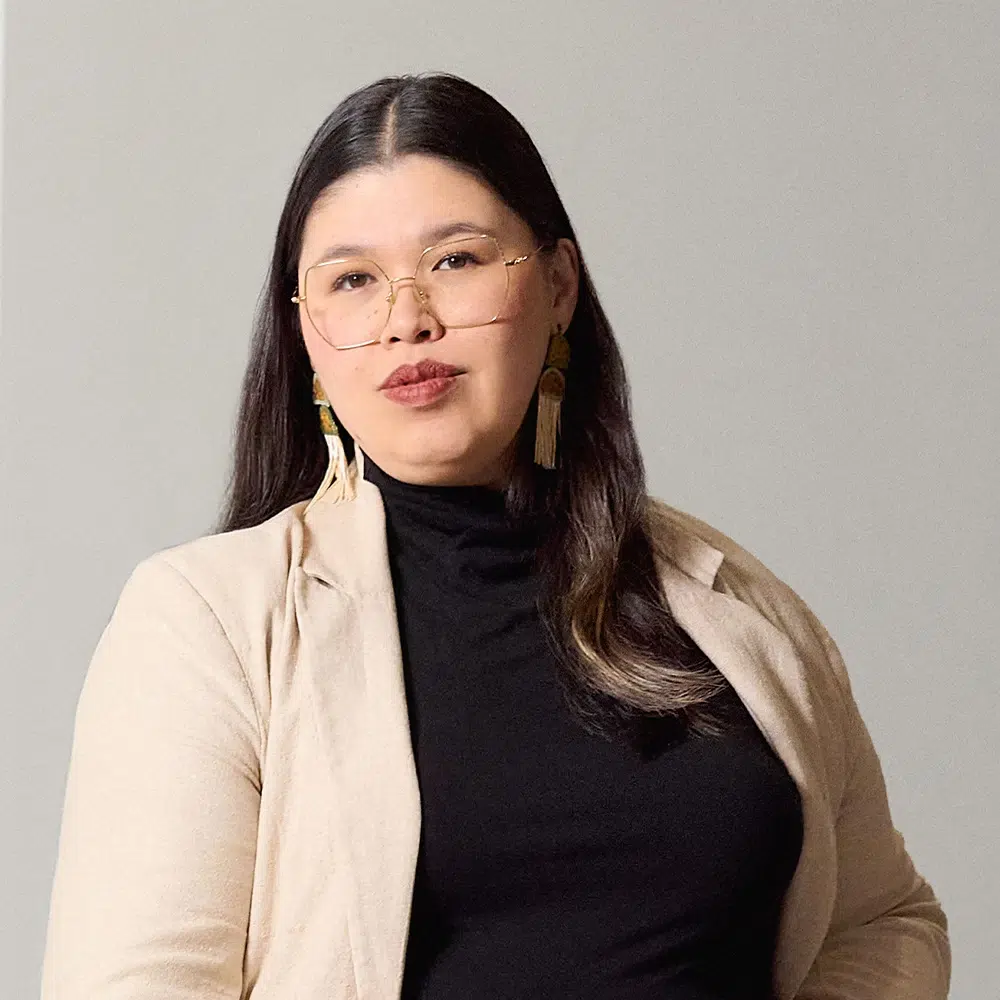
Lecture: Bio-Based to Brand Ready: Mycelium Materials for the Next Generation “Like fungi, startups grow in unexpected ways.
Join the founders of MycoFutures as they trace their path from a Newfoundland mushroom farm to a global biomaterial innovation company developing a mycelium-based leather alternative, with a mission to prove that prioritizing people and planet can also drive profit.
In this talk, they explore the ups and downs of building and scaling a circular startup, the value of storytelling and resilience, and the partnerships that helped them grow. With the launch of their first Austrian designer collaboration, they reflect on how the exciting intersection of science, business and sustainability is bringing new products to market. This talk offers a dual lens on running a business inspired by nature, with insights drawn from both the fungal world and the startup ecosystem.”
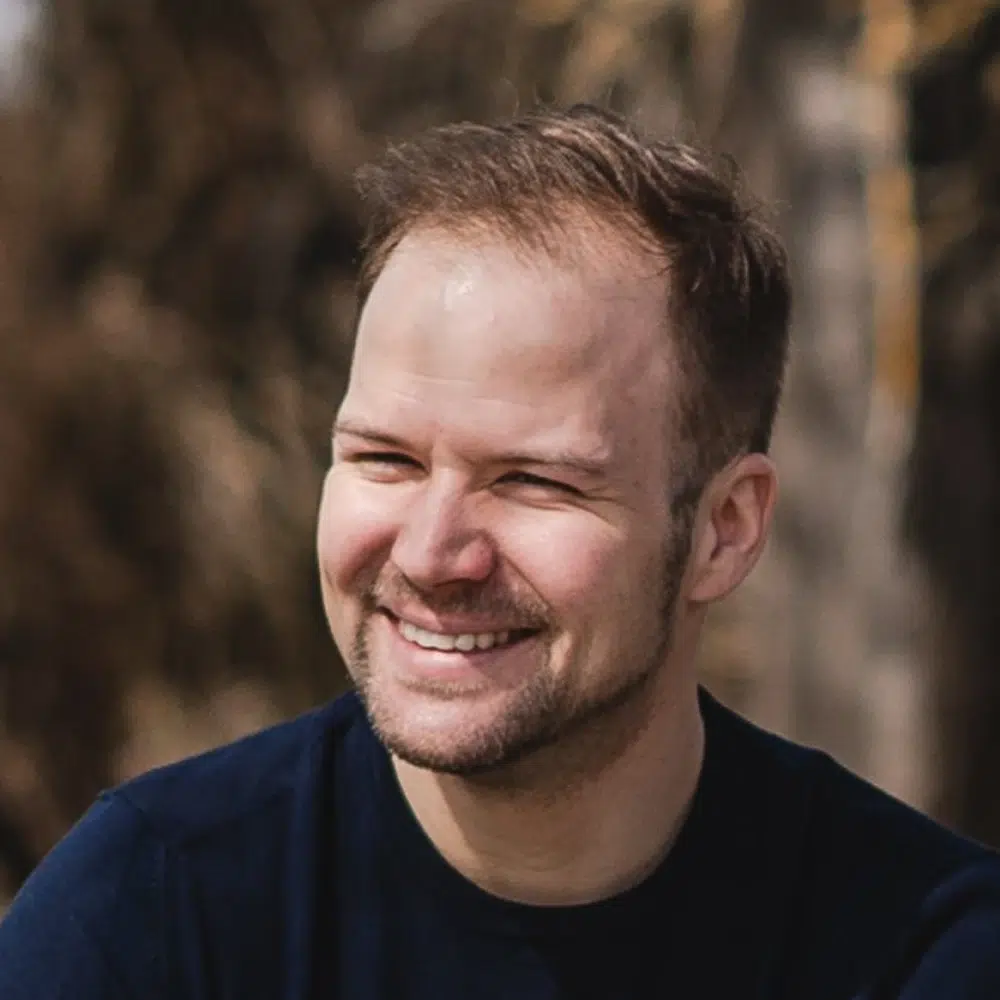
Thomas Neuburger is convinced that mushrooms are the key to sustainable enjoyment and the solution to global challenges. Under the HERMANN:BIO brand, he launches innovative products such as the Fungi Pad. As one of Europe's largest mushroom growers, he runs his company CO2-neutrally and sets new standards for a sustainable future.
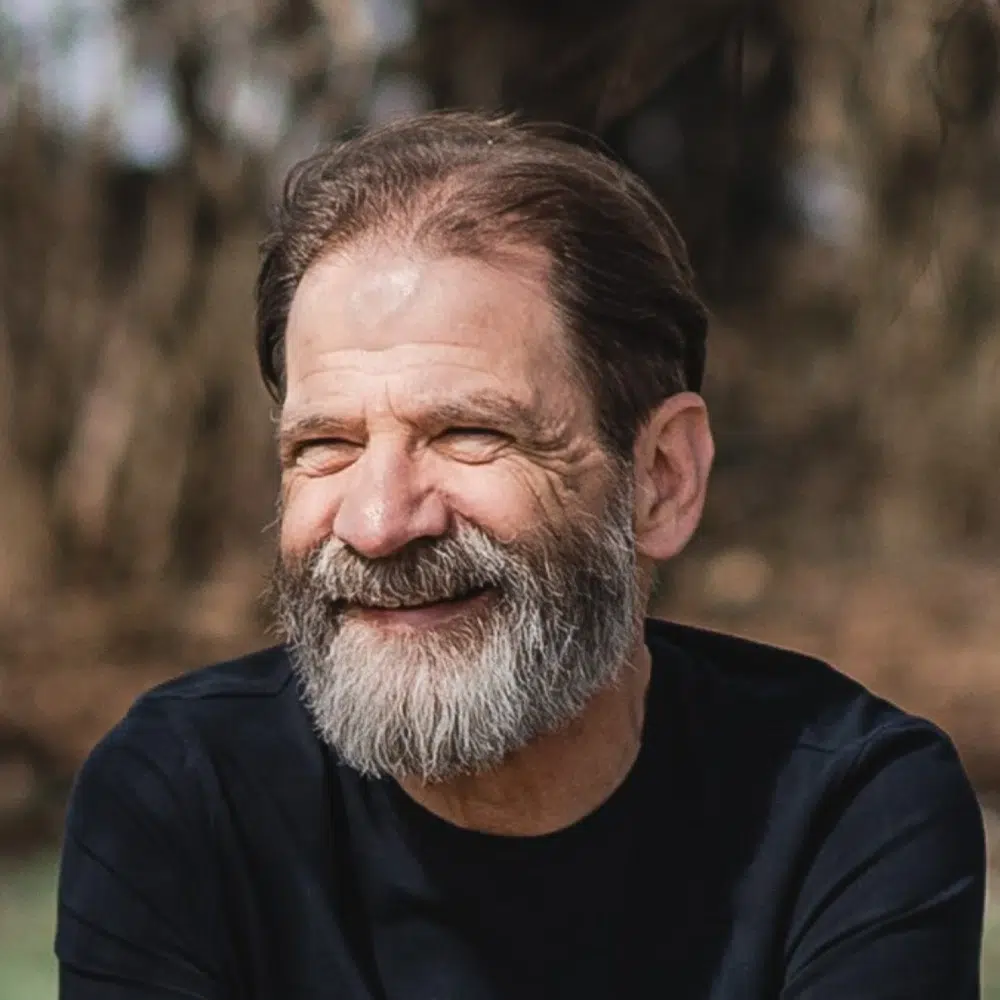
As the eldest son, Hermann was chosen to take over the butcher business. He learned the trade and took over from his father in 1986. Hermann implemented his vision of turning his father's product into an Austria-wide brand. Despite the success of the "NEUBURGER," he was not satisfied; the rapidly increasing consumption of meat, with all its negative side effects, was causing Hermann increasing concern. In 2010, he therefore decided to continue producing high-quality food, but no longer using meat. This was the birth of Hermann Fleischlos, which later became HERMANN.BIO.
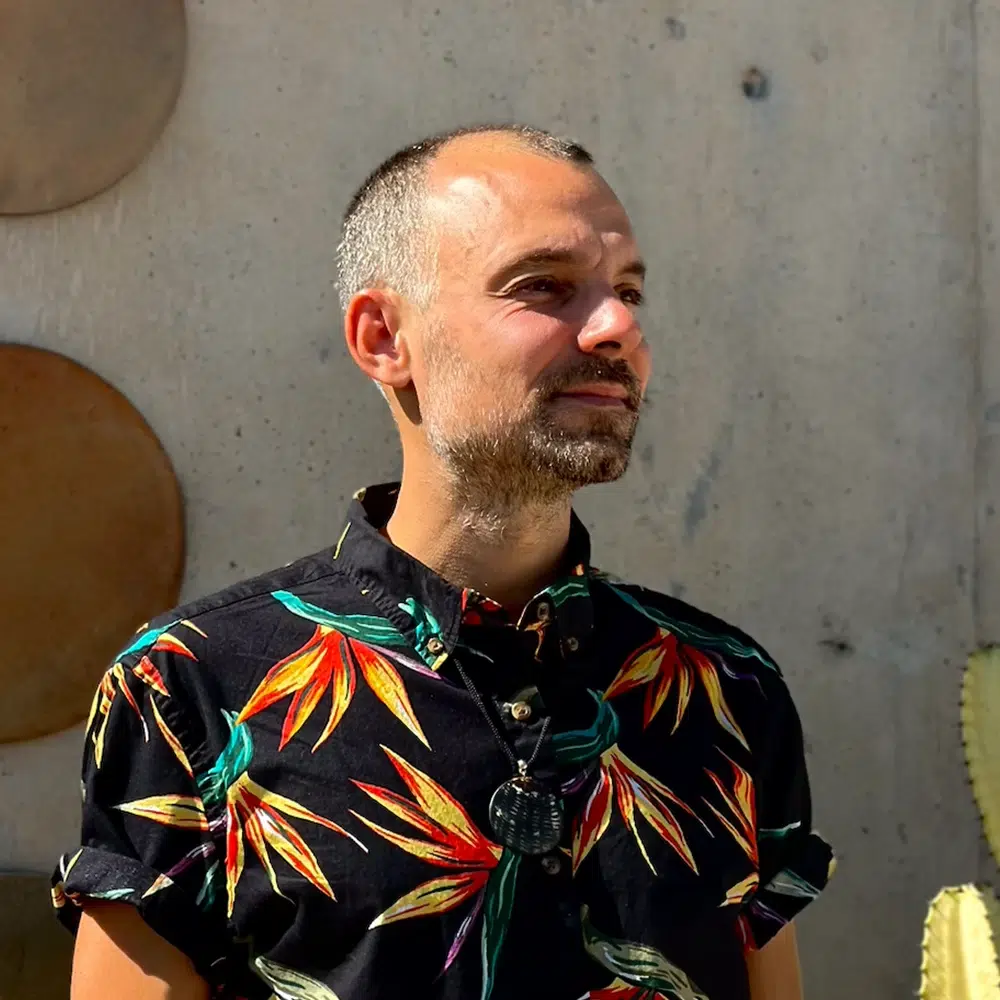
Lecture: Beyond the Fruiting Body: How Fungi are Shaping Everything from Space Exploration to Everyday Life
When we talk about the future, fungi rarely takes center stage. Yet beneath our feet, in forests, labs, and fermentation tanks, the fungal kingdom is quietly reshaping our world. I'm Marc Violo, founder of MycoStories—an innovation platform helping pioneers turn fungi into practical solutions across food, materials, agriculture and health. Today, I invite you to explore a bold question: Can fungal innovations truly transform our world for the better? From fungi powered batteries to biodegradable diapers, this conversation unpacks what's already happening—and what's coming next. The future isn't written yet, but it'll surely be fungal.
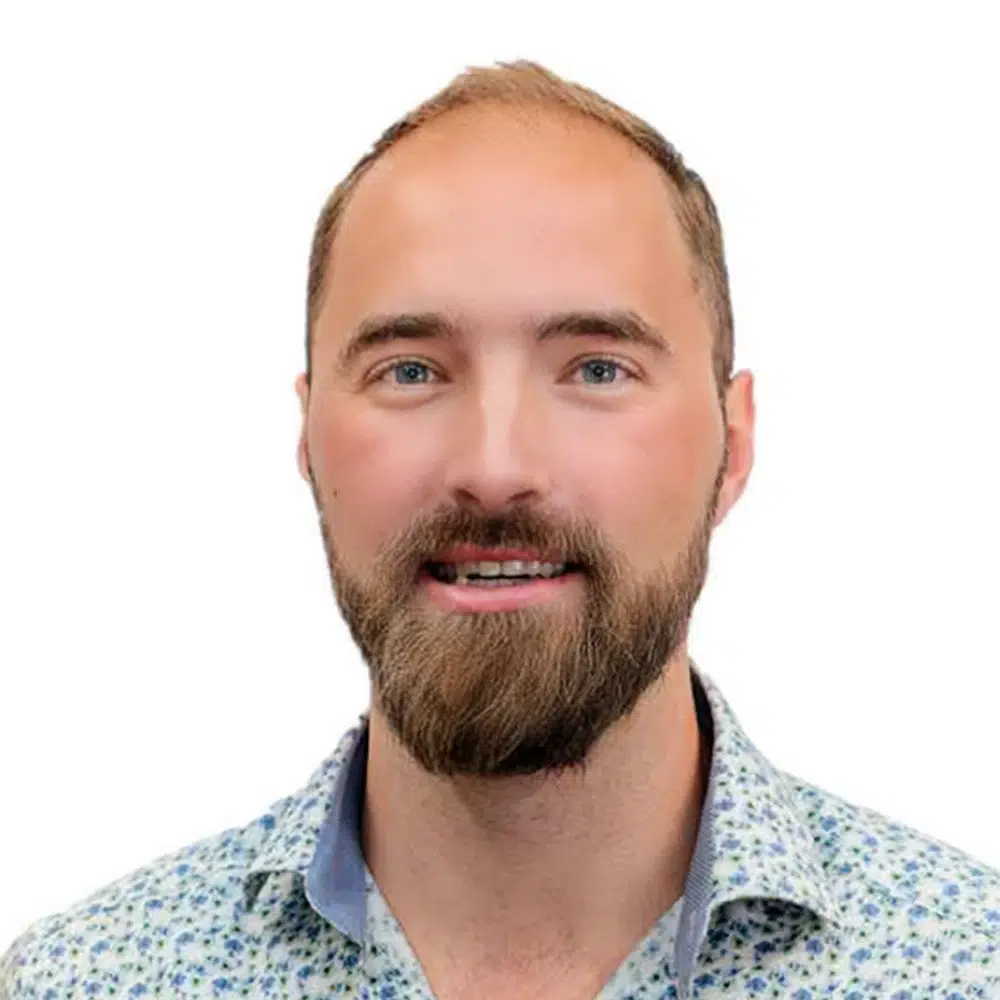
Lecture: Growing Mushrooms. Marketing Products. Learning for the Future. – Practical Training at HBLA Sitzenberg
New project at HBLA Sitzenberg: Mushroom cultivation on the next level!
The first mushroom cultivation projects have been underway for three years now. These involve propagating the mycelium itself across disciplines, as well as felling and inoculating tree trunks in practical classes. The mushrooms are then processed in the kitchen. Since working with mushrooms is very interesting and fits well with our school's product management focus, as well as expanding the product range of the school's own market garden, a mushroom cultivation container went into operation in mid-February 2025. Initially, oyster mushrooms and king oyster mushrooms are being grown, but batches of shiitake mushrooms, hedgehog mushrooms, and other delicacies are also planned.
Since the entire teaching operation is organically managed, the mushrooms also grow on organically certified substrate from Lower Austria. The founder and managing director of MyPilz, René Lux, gave us the idea for the container when he was giving lectures at the HBLA Sitzenberg and we were discussing our mushroom farm and expanding it. Through the project, the young people learn not only the basics of mushroom cultivation but also the importance of regional and resource-efficient food production. The first harvests were plentiful and sold like hot cakes – in the dining hall and through direct marketing.
We are already looking forward to many more delicious dishes and products with our home-grown mushrooms!
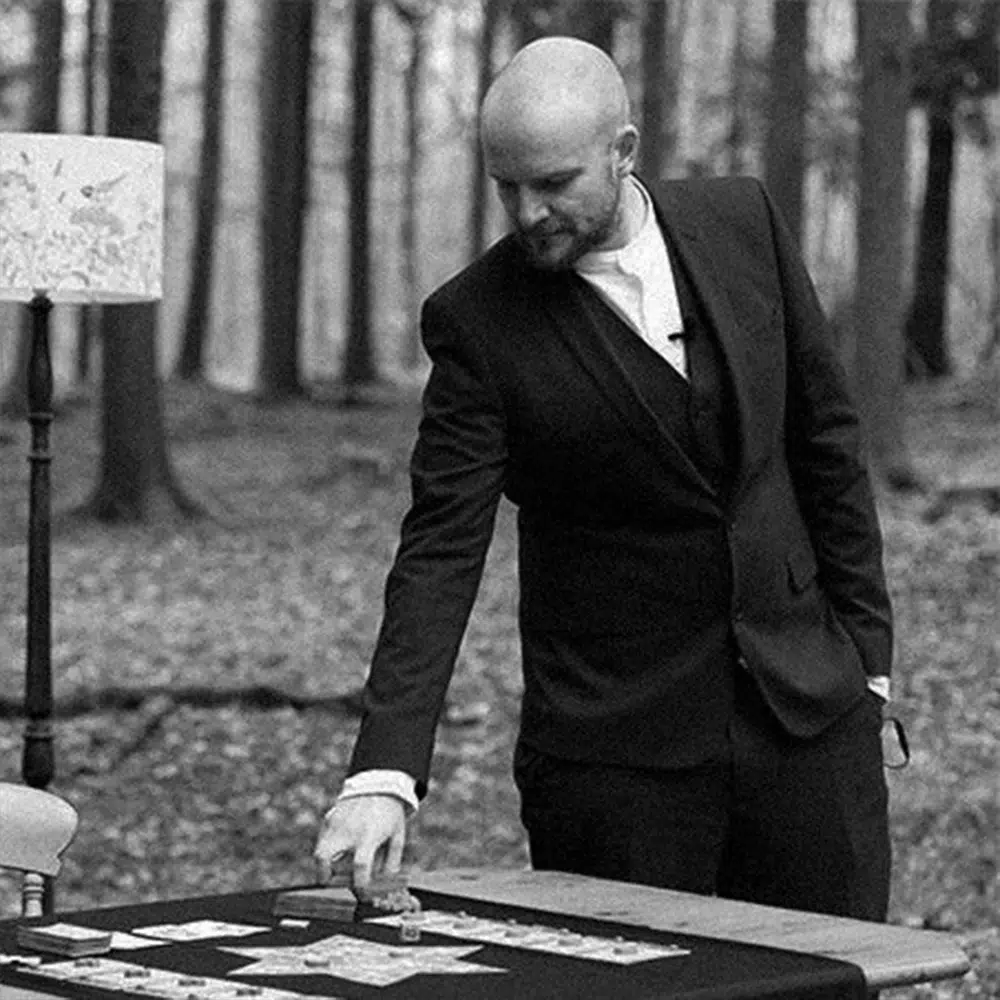
Lecture: Mycelia: How My Fungi Game Took Root and Grew
Jack Neville talks about turning passion into product – how fungi, art, design, game mechanics and strategy came together to build a board game that is both educational and fun!
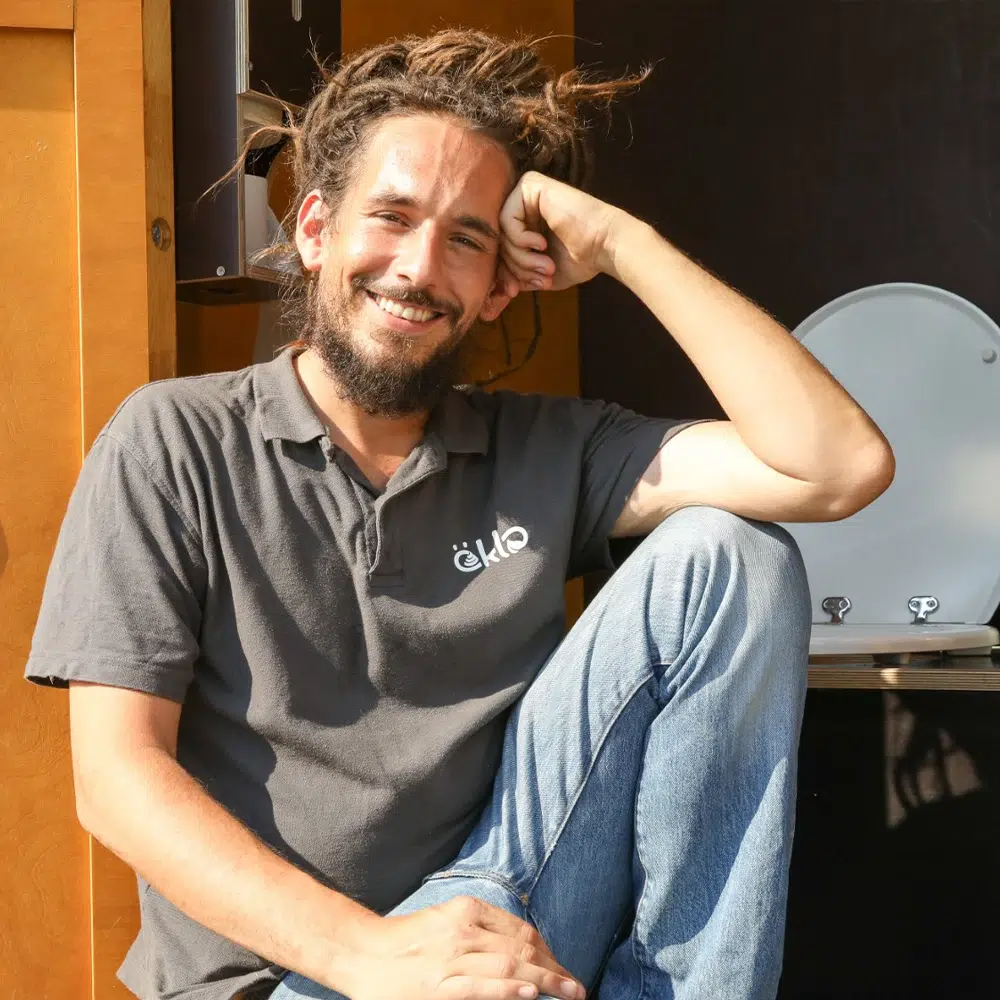
As the founder of öKlo, Niko is committed to dry solutions for a sustainable future. With his odorless composting toilet, he saves water, creates circularity, and kick-starts the sanitation revolution. His drive: to make the planet a better place.
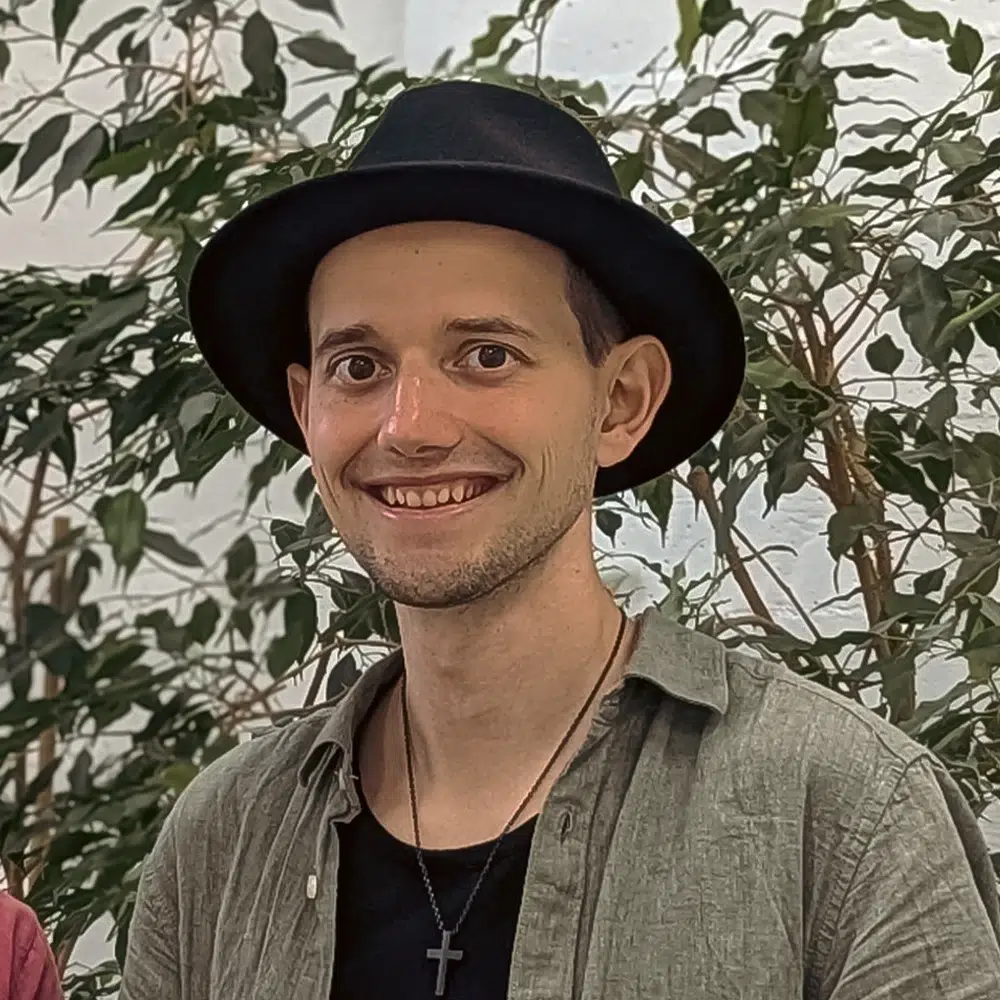
EcoMycel develops sustainable insulation materials made from mycelium, the root network of fungi, as an eco-friendly alternative to conventional, energy-intensive building materials. The biodegradable products reduce CO₂ emissions, improve indoor air quality, and enable decentralized, resource-efficient production using agricultural byproducts.
Tobias Figlmüller studied architecture with the goal of designing for both people and the planet. Realizing that sustainable buildings alone aren't enough, he focused on transforming the construction industry's material choices. With EcoMycel, he is developing a compostable insulation made from mycelium and plant waste to push circular building forward.
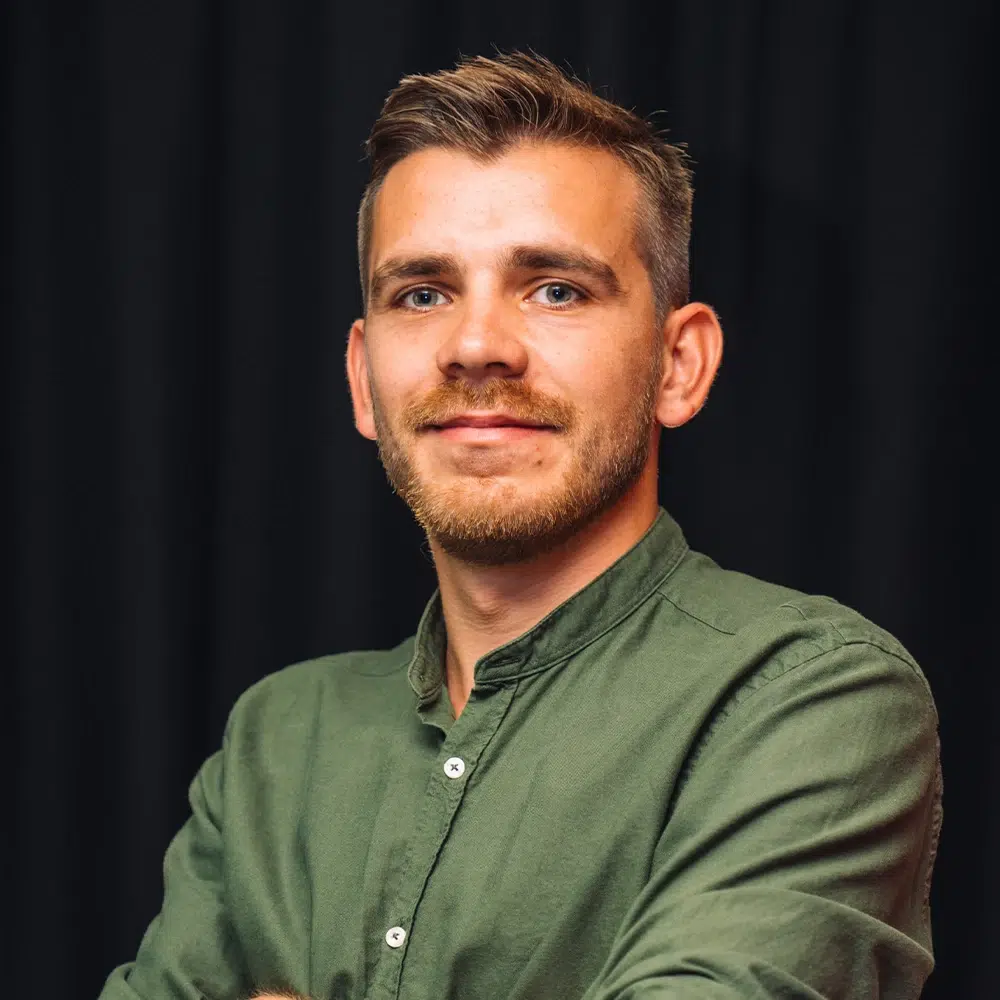
EcoMycel develops sustainable insulation materials made from mycelium, the root network of fungi, as an eco-friendly alternative to conventional, energy-intensive building materials. The biodegradable products reduce CO₂ emissions, improve indoor air quality, and enable decentralized, resource-efficient production using agricultural byproducts.
Nándor Albert is a former chef turned mushroom entrepreneur, combining a lifelong passion for fungi with hands-on innovation. He founded Mycorama to bring mushroom cultivation into everyday homes and is now expanding into sustainable mycelium-based materials. Through creative products, workshops, and bold ideas, he aims to reshape how people grow, learn from, and build with mushrooms.
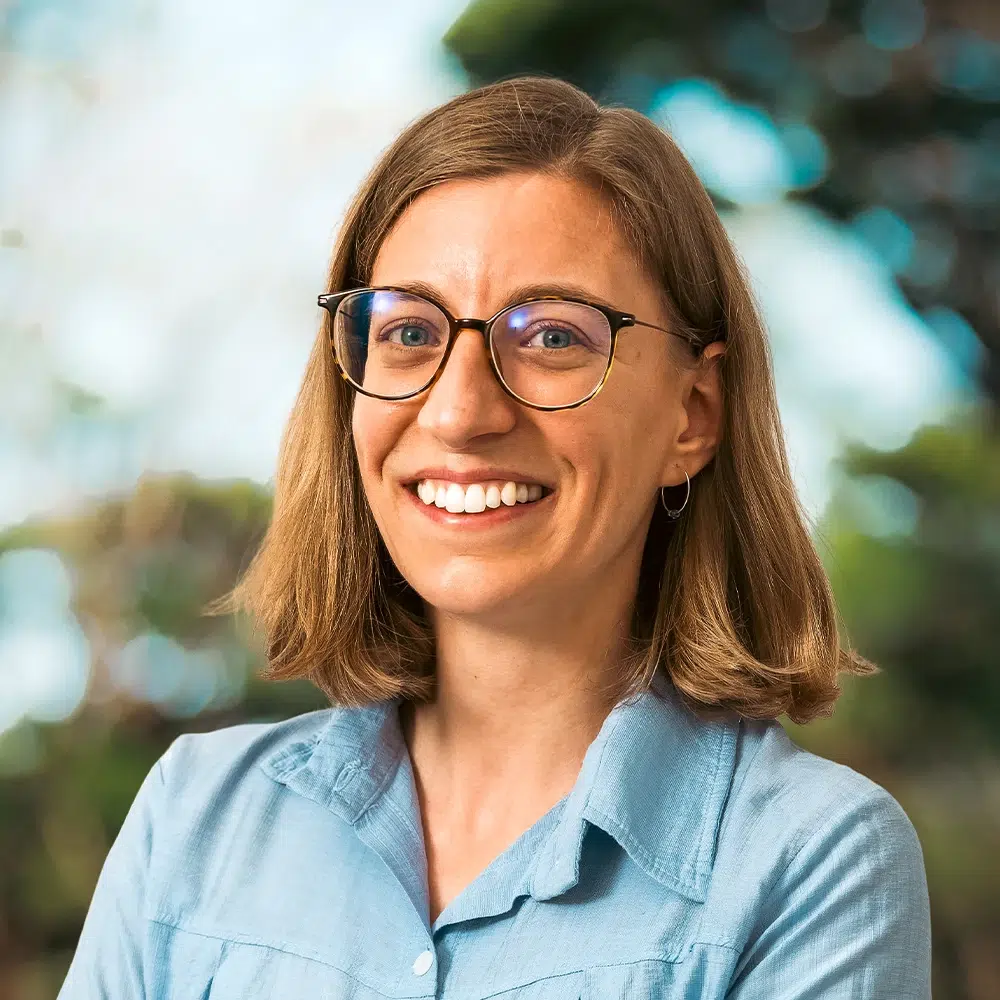
Valeria holds a doctorate in biotechnology and molecular biology with a particular passion for fungi and their diverse applications. In the course of her scientific work, she has, among other things, optimized fungal strains for industrial use and developed DNA molecules for the targeted detection of fungal spores. Today, she heads the Biotechnology department at MyPilz, where she contributes her molecular biology expertise to applied fungal research.
Photo: Lukas Hof

